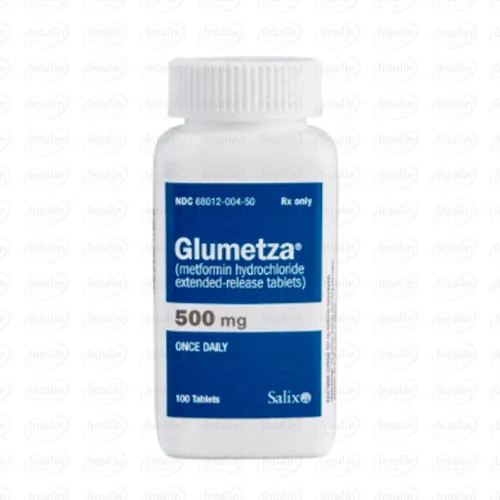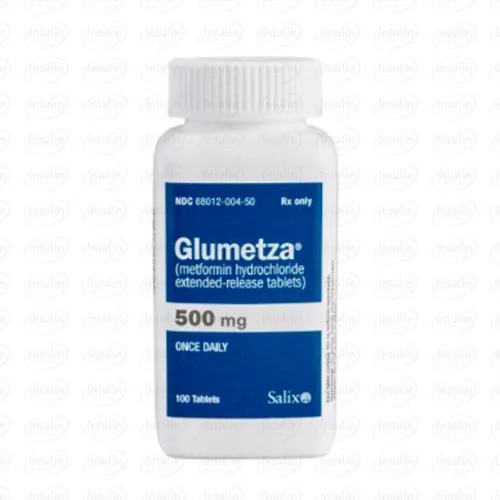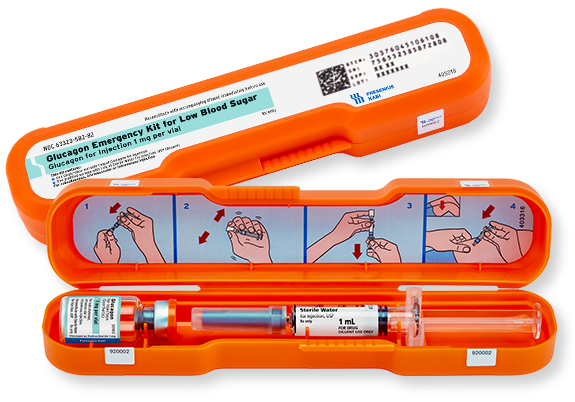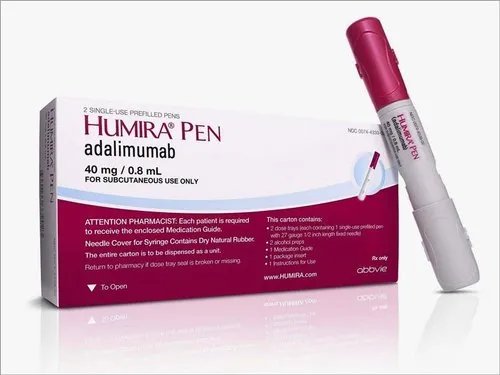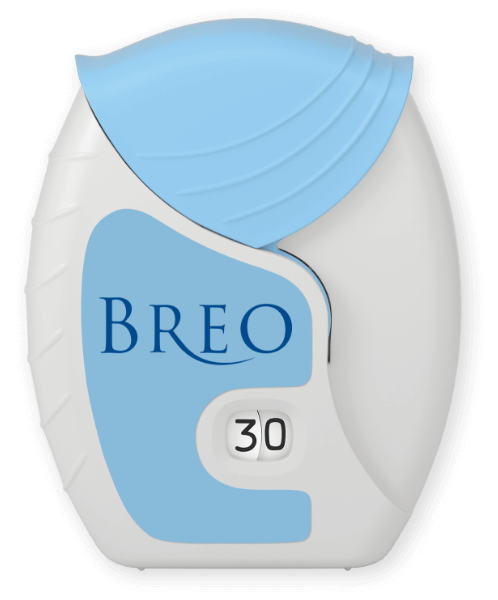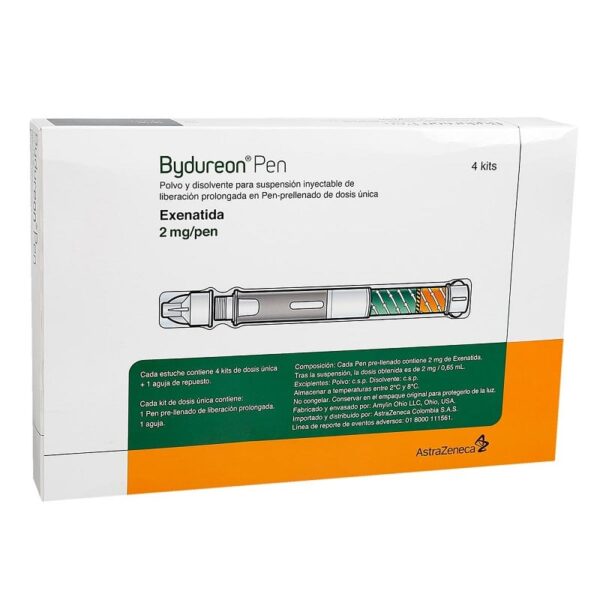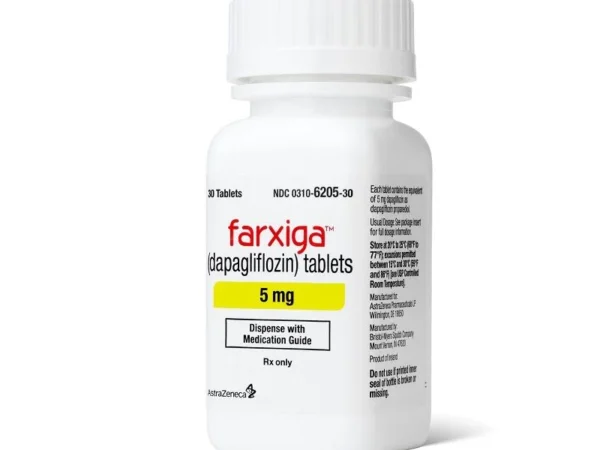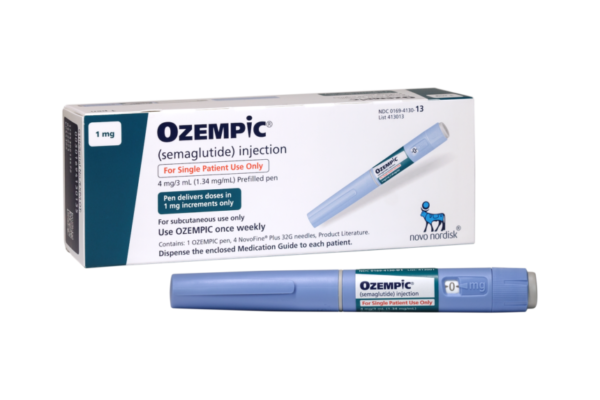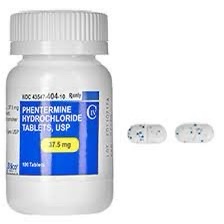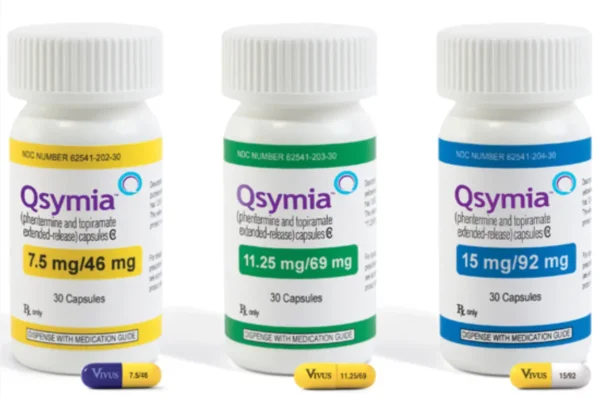Glumetza (Metformin Hydrochloride) Description
Glametza is a prescription medicine used to treat type 2 diabetes symptoms. In some cases, Glumetza is used with insulin or other medications, but it is not for the treatment of type 1 diabetes. Glumetza belongs to a class of drugs called Antidiabetics Biguanides.
By controlling blood sugar, you can prevent kidney damage, blindness, nerve damage, limb loss, and problems with sexual function. You may also be less likely to suffer a heart attack or stroke if you control your diabetes properly. In addition, it decreases the amount of sugar your liver produces and your stomach/intestines absorb.
Glucose is more easily absorbed into the body’s tissues when metformin reduces the amount of glucose made by the liver. Overweight diabetics with diabetes have found metformin especially helpful in delaying diabetes-related problems. In order to control high blood sugar, the medication should be taken alongside a healthy diet, an exercise program, and perhaps other medications.
Children younger than 10 are not known to be safe or effective when taking Glumetza.
Glumetza may also be used for purposes not listed in this description.
Usage
Be sure to follow all instructions on your prescription label and to read all medication guides or instructions. It is possible that your doctor will occasionally change your dose. Make sure you follow the directions exactly when taking the medicine.
If your doctor recommends otherwise, take Glumetza with a meal. It is possible to take metformin only once daily with your evening meal in some forms. Be sure to follow the instructions given to you by your doctor.
Extended-release tablets should not be crushed, chewed, or broken. It should be swallowed whole.
Be careful when measuring liquid medicine. The medicine dose-measuring device (not a kitchen spoon) should be used, or the dosing syringe provided.
Be sure to shake the oral suspension (liquid) before measuring a dose. Make sure you use the dosing syringe provided, or use a medicine dose-measuring device (not a kitchen spoon).
There are some tablets that have a shell that cannot be absorbed or melted by the body. Your stool may contain some of this shell. As a result, the medicine will not be less effective.
Your doctor may have you take extra vitamin B12 while you are taking Glumetza. Take only the amount of vitamin B12 that your doctor has prescribed.
Side Effects
You may have symptoms including nausea, vomiting, stomach upset, diarrhea, weakness, or a metallic taste in your mouth. Immediately tell your doctor if you experience one or more of these effects. Your doctor should be informed if your stomach symptoms return later (after taking the same dose for several days or weeks). If you experience stomach symptoms following treatment, you may have lactic acidosis.
There is a possibility that you will find an empty tablet shell in your stool. Due to the fact that the medication has already been absorbed into your body, this effect is harmless.
Despite any potential risks, your doctor has prescribed this medication based on its benefits. The medication usually has no serious side effects.
Hypoglycemia (low blood sugar) is usually not caused by metformin. With this drug and other diabetes medications, low blood sugar may occur. If your other diabetes medications need to be adjusted, speak to your doctor or pharmacist.
In addition to sweating, shaking, a rapid heartbeat, hunger, blurred vision, dizziness, or tingling fingers or toes, low blood sugar can cause headaches and fatigue. For treating low blood sugar, glucose tablets or gel are a good habit to keep on hand. Consume table sugar, honey, candy, or fruit juice if you don’t have these reliable forms of glucose, or drink non-diet soda or fruit juice if you don’t have them. Contact your doctor right away if you experience a reaction. You are more likely to have low blood sugar if you drink a lot of alcohol, exercise excessively, or consume too few calories. Eat regular meals and avoid skipping meals to prevent low blood sugar. In case of missing a meal, talk to your doctor.
In addition to thirst, increased urination, confusion, drowsiness, flushing, rapid breathing, and fruity breath odor, hyperglycemia can be characterized by high blood sugar (hyperglycemia). Inform your doctor as soon as possible if you experience these symptoms. If you are taking diabetes medication(s), your doctor may have to adjust them.
This drug rarely causes severe allergic reactions. If you experience any of the following symptoms of a serious allergic reaction, seek medical attention immediately: rash, itching/swelling (especially of the face, tongue, or throat), severe dizziness, trouble breathing.
The following is not a complete list of possible side effects. Contact your doctor or pharmacist if you notice any other effects not listed above.
Storage
In order to preserve its effectiveness, this medication should be stored at room temperature between 68°F and 77°F (20°C and 25°C).

